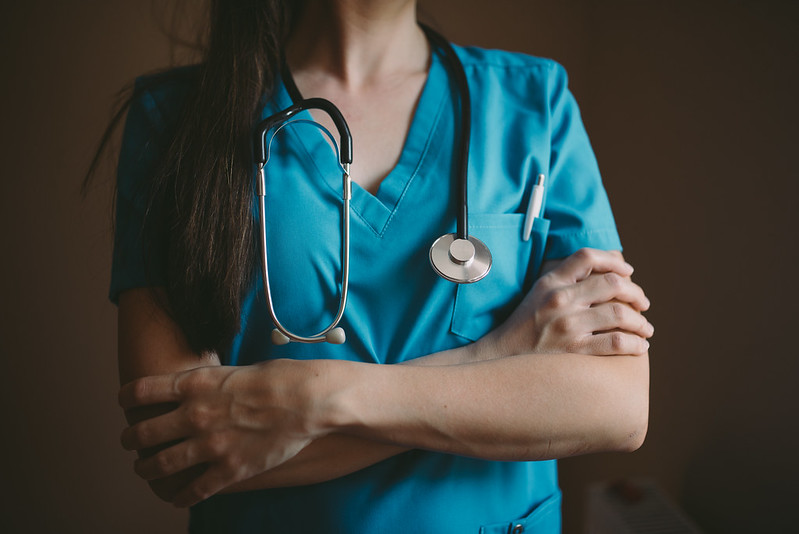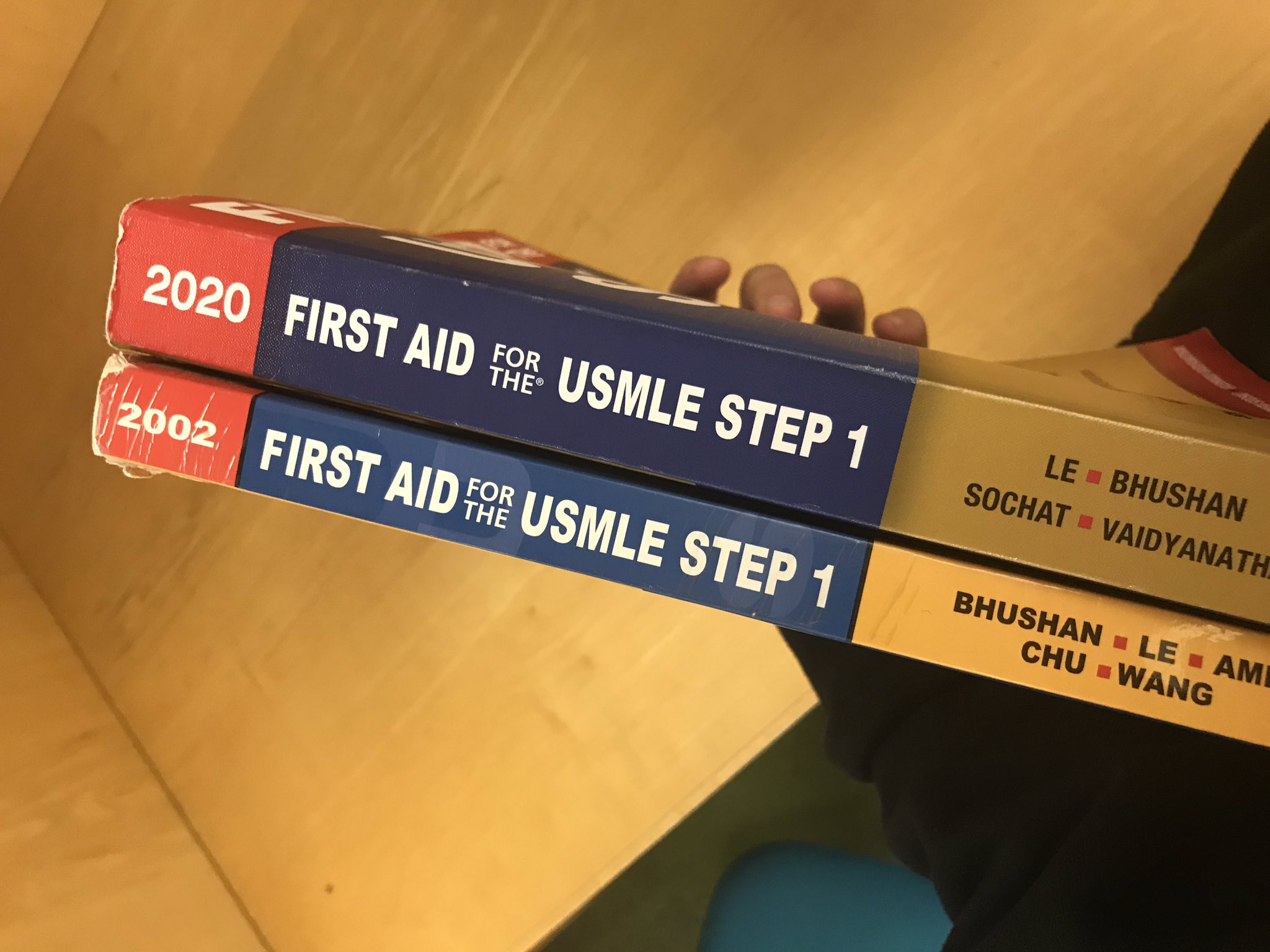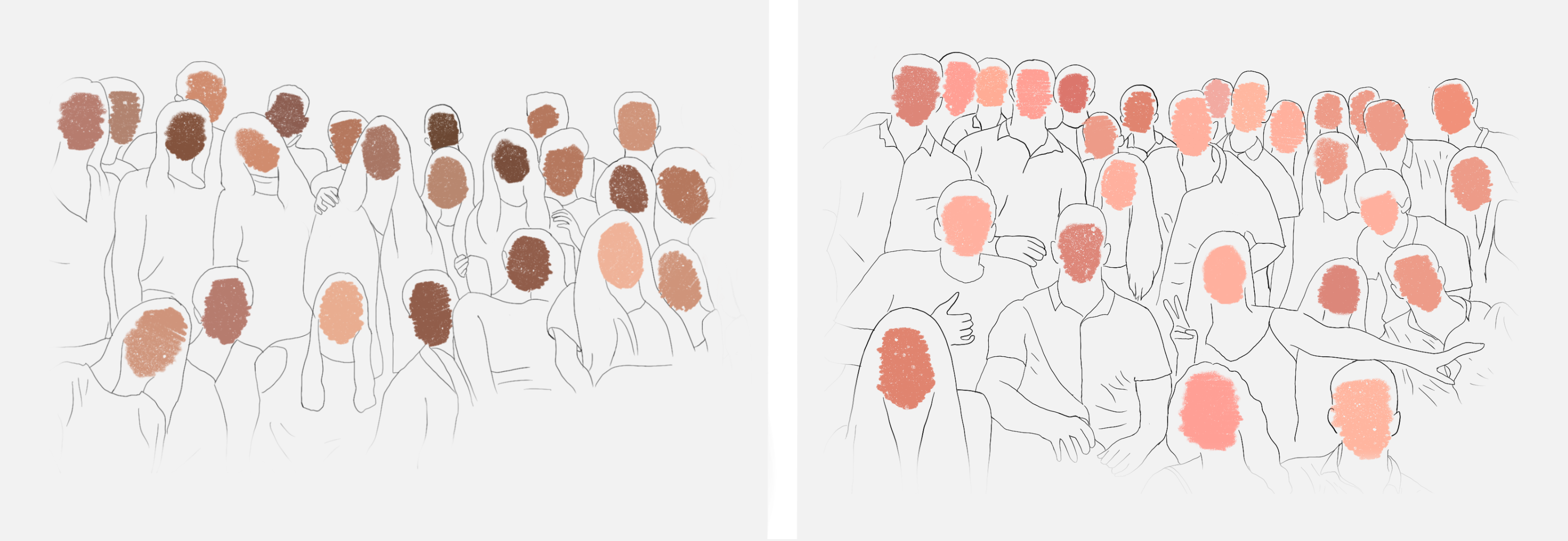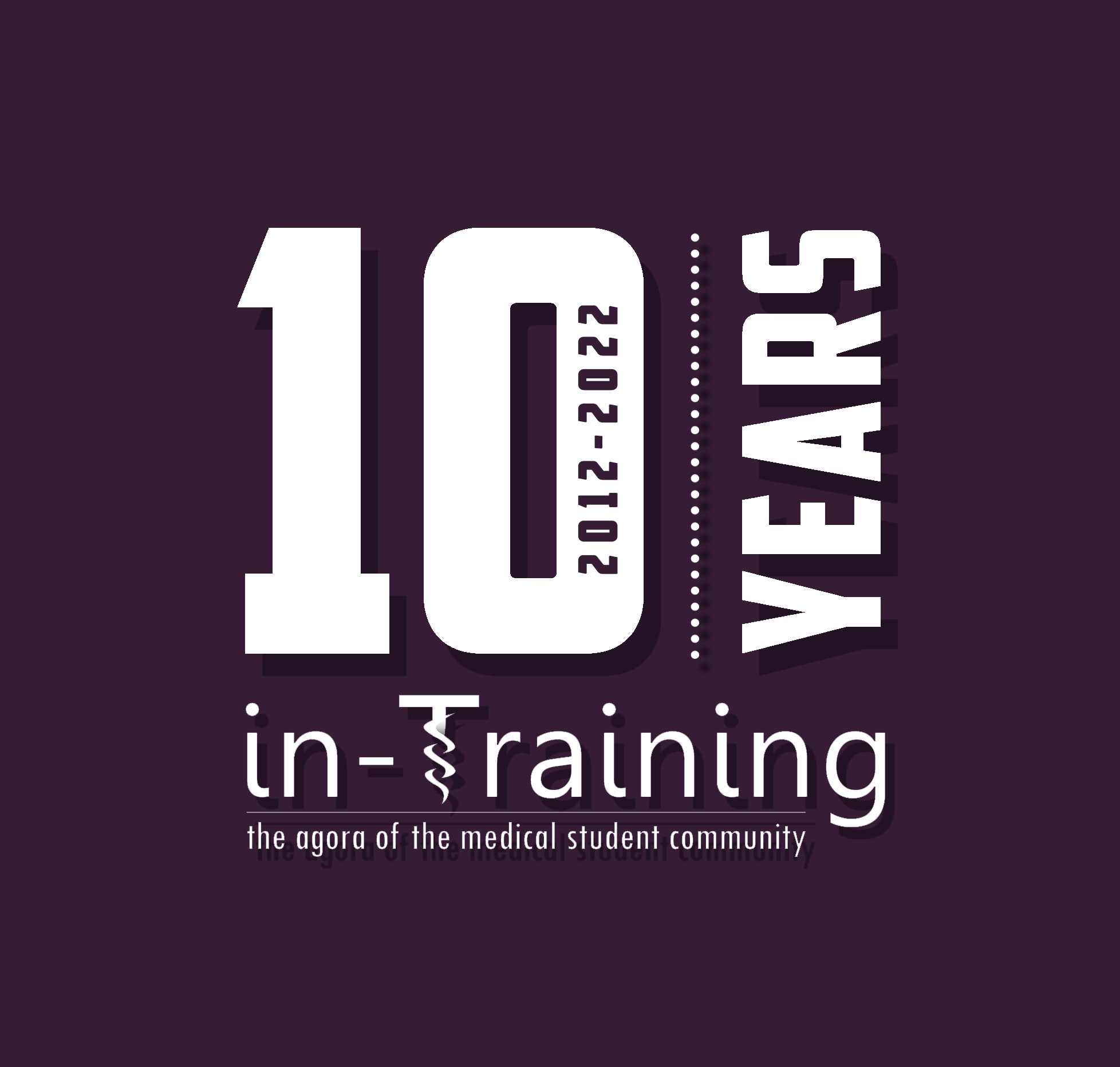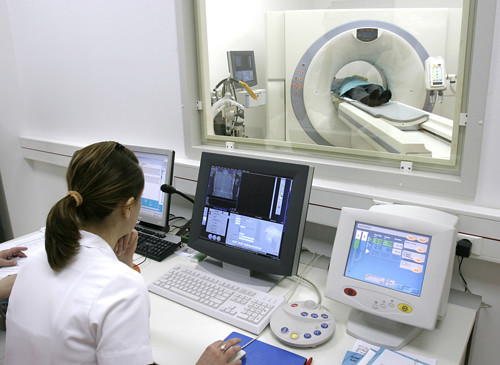The Residency Question: Is the Modern Man Resilient?
The interviewer smiled, gave a vague answer and followed it with a diatribe about how present-day residents have it so “easy.” How his generation had to “walk through feet and feet of snow” to get to work and how work hour restrictions did not exist. Caught off guard, I wondered what sparked such an emotional response to a common interview question.



